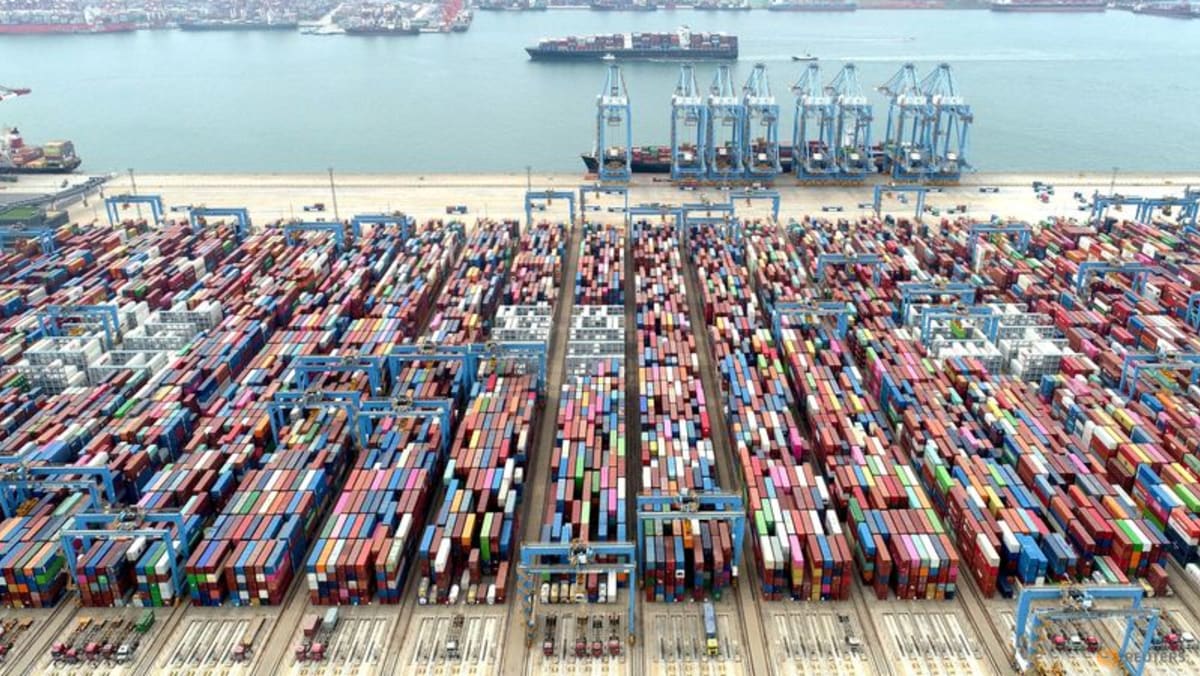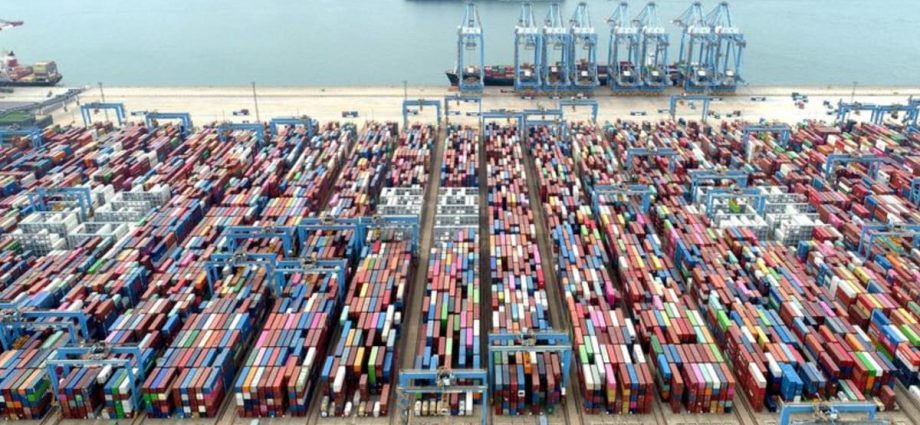
Chinese stocks trimmed gains and the Australian dollar, a commodity currency that is highly sensitive to swings in Chinese demand, fell after the trade data.
“The weak exports confirm that China needs to rely on domestic demand as global economy slows,” said Zhiwei Zhang, chief economist at Pinpoint Asset Management. “There is more pressure for the government to boost domestic consumption in the rest of the year, as global demand will likely weaken further in the second half.”
China’s factory activity shrank faster than expected in May on weakening demand, the official purchasing managers’ index (PMI) showed last week.
The PMI subindexes showed factory output swung to contraction from expansion while new orders, including new exports, fell for a second month.
Having beaten expectations in the first quarter, analysts are now downgrading their expectations for the economy for the rest of the year, as factory output continues to slow amid persistently weak global demand.
The government has set a modest GDP growth target of around 5 per cent for this year, after badly missing the 2022 goal.

